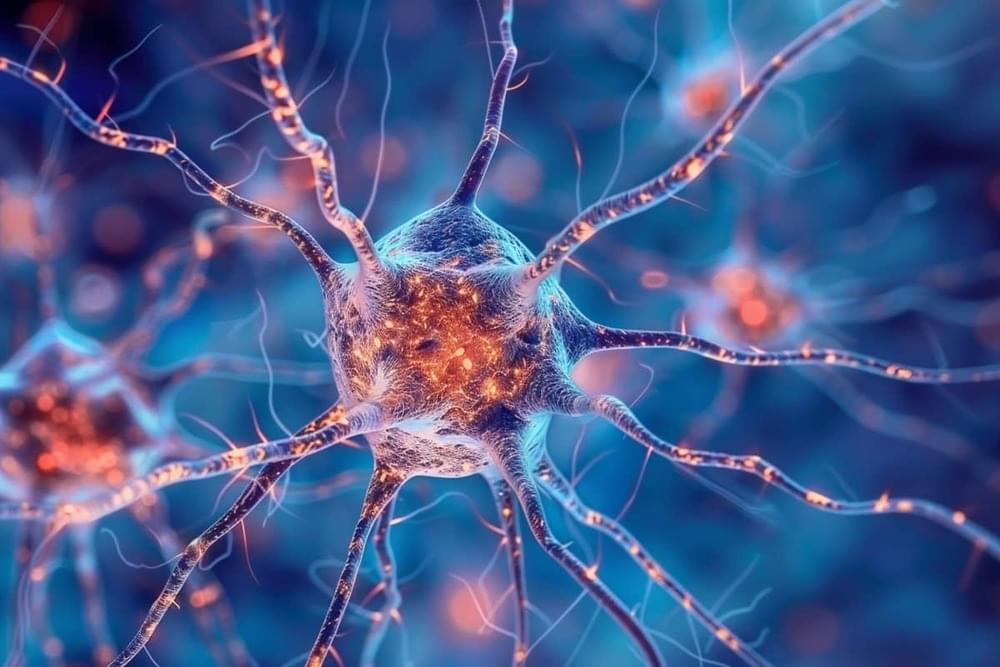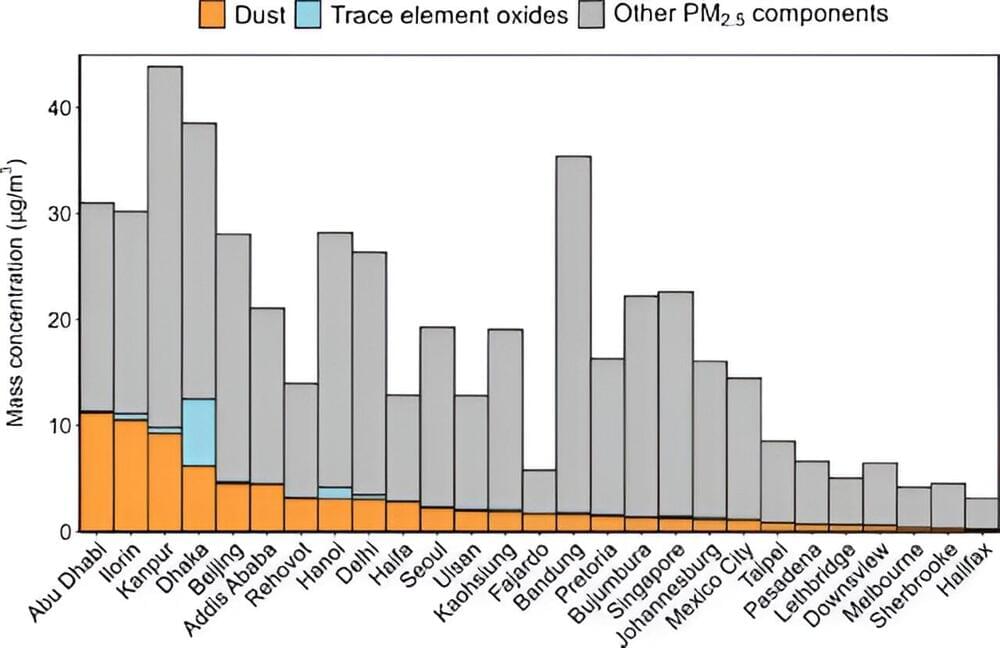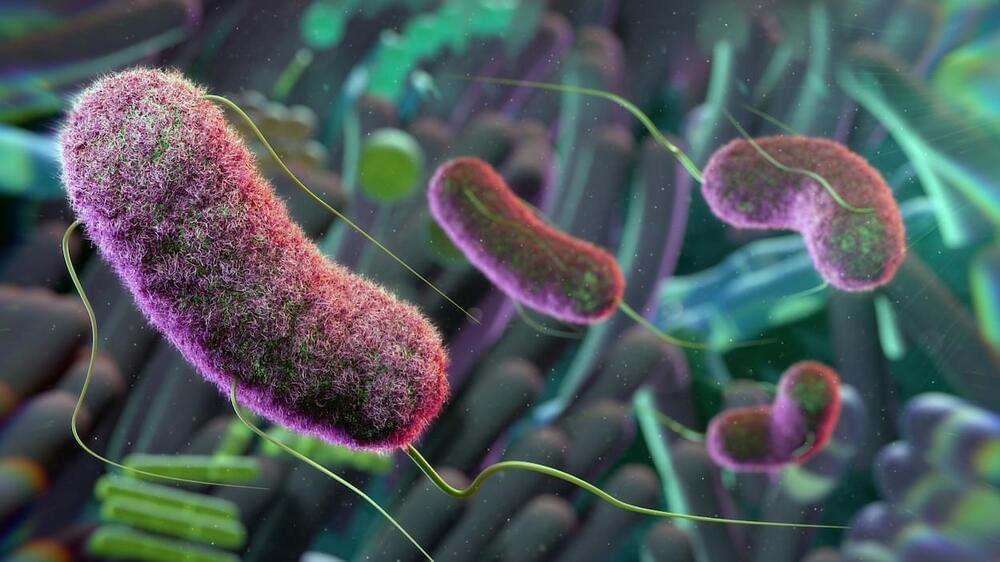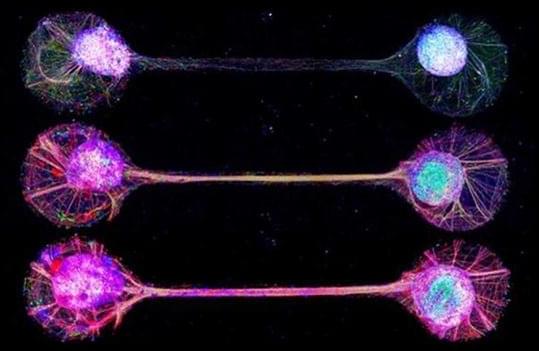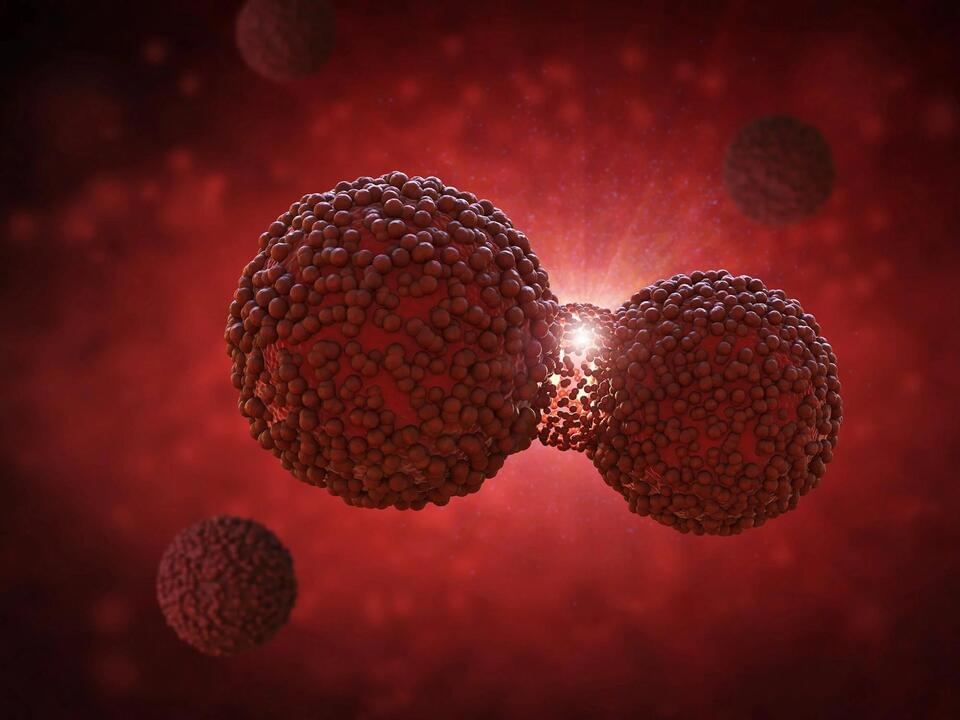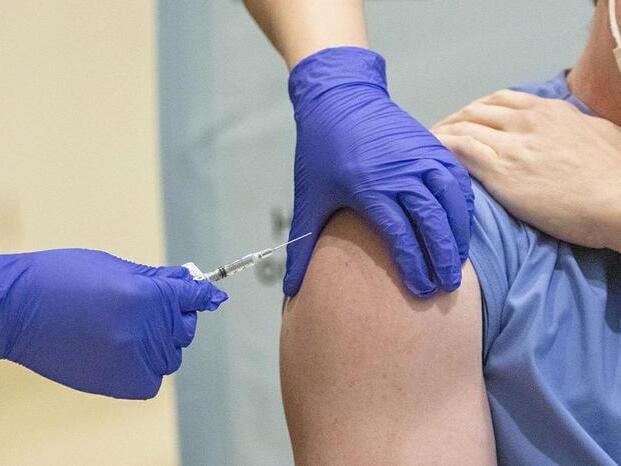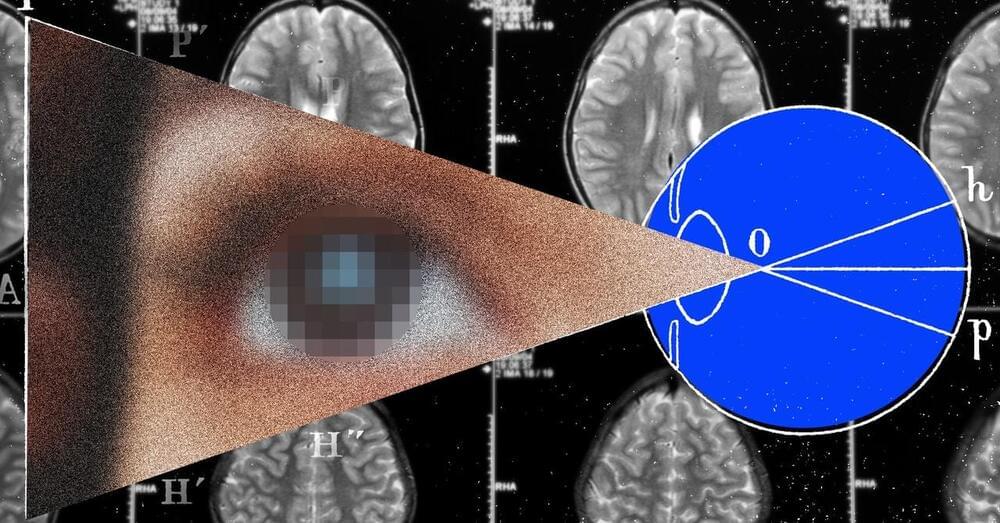Summary: Researchers uncovered how certain brain cells enhance our ability to maintain and focus on short-term memories. Their study highlights a new type of neuron, dubbed PAC neurons, which coordinate the activity of memory-specific neurons without storing any information themselves.
These findings were derived from the brain activity recordings of epilepsy patients during memory tasks, providing novel insights into how working memory functions. Understanding these mechanisms may lead to improved treatments for disorders like Alzheimer’s and ADHD, where such cognitive functions are impaired.
